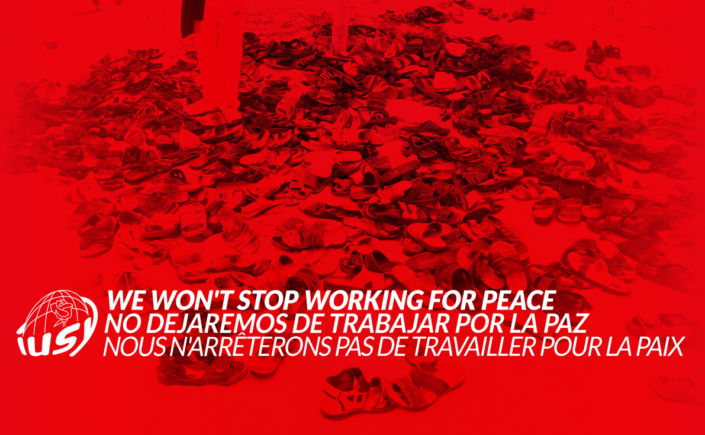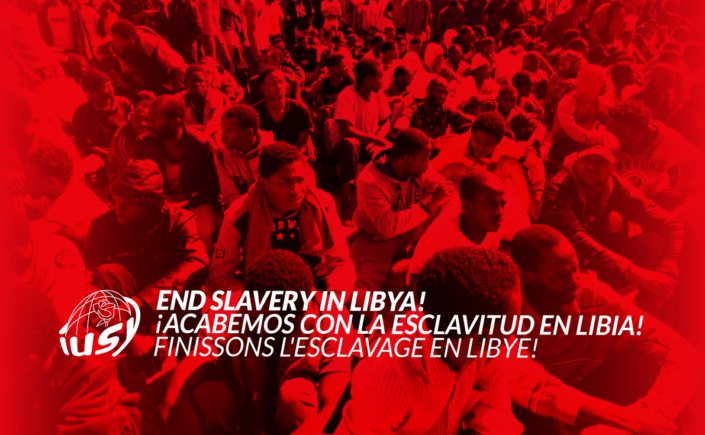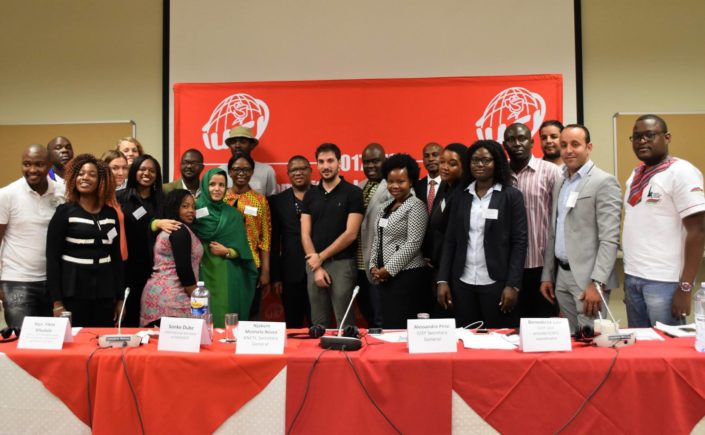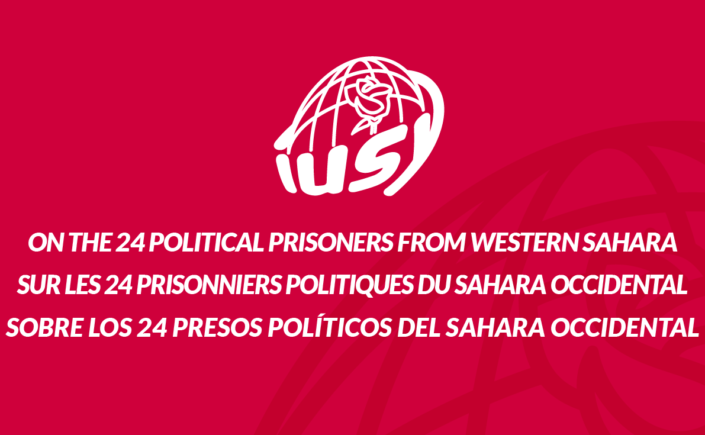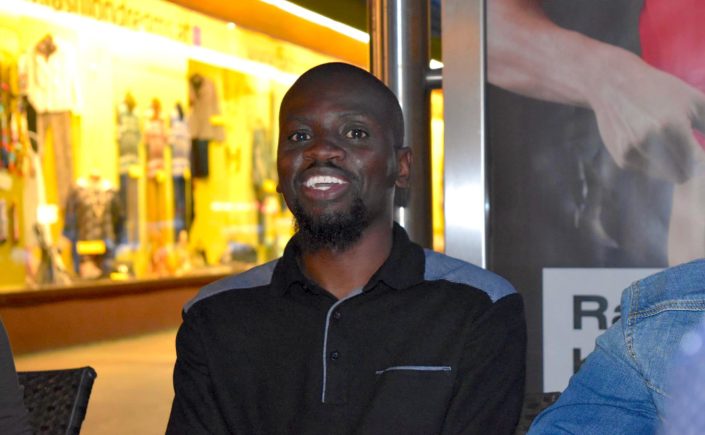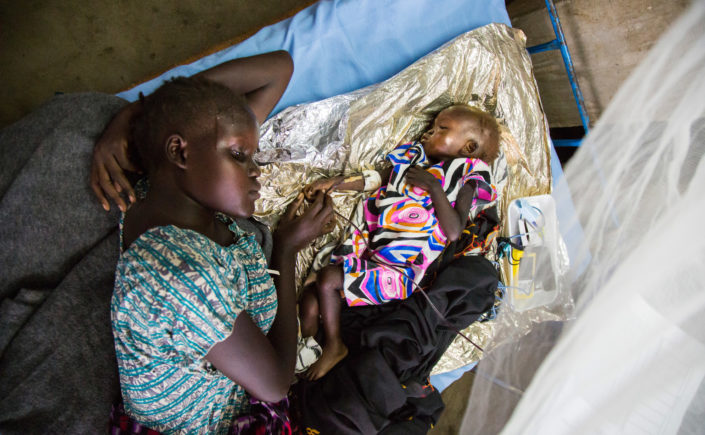According to its report on 21 February 2017, UNICEF confirmed that almost 1.4 million children are at imminent risk of death from severe acute malnutrition this year, as famine looms in Nigeria, Somalia, South Sudan and Yemen.
Why are there still famines in parts of the world in the 21st century? What can be done about it?
The pronouncement of famine in these countries must serve as a wake-up call to all leaders of the developing world, particularly African leaders, to improve on their agricultural sectors to ensure food security for citizens.
The sheer scale and severity of the food insecurity on the African continent and in other parts of the world such as Yemen requires a much stronger response than has been the norm, and the political commitment of world leaders in halting its spread.
In Africa, poverty is undoubtedly the most fundamental cause of famine.
The failure of governments to address issues of chronic poverty has become the perpetual bane of development on the African continent and other parts of the world.
The effects of climate change further pose severe risks to the economies of developing countries, particularly those in Africa.
It is therefore imperative that there is a swift and continuous response on the part of the international community of nations to address issues of carbon emissions and improving environmental protection laws.
African governments cannot fail to notice the need for long-term planning that guarantees a high level of food security in their respective countries.
Prioritization of food security through improved agricultural production and access to food products must not be compromised.
It must be high on the agenda of the African Union and its member countries.
It is equally important to point out the fact that protracted conflicts within States have largely contributed to the ailing economic crisis leading to these famines, such is the case in Yemen and the conflict-prone nations in Africa.
Although there has been much rhetoric on the need to end conflicts in States like South Sudan, Nigeria, Somalia, Yemen and Syria, substantial progress has not been made in terms of peace building and humanitarian assistance within these states.
These conditions leave much to be desired of the efforts of international organizations such as the United Nations Security Council and other international agencies and governments whose actions and inactions contributed to the current conflict situations.
As IUSY calls for a cure to the root causes of famine on the African continent and the Arab League, the world must not be too slow to act to mitigate the effects of prevailing circumstances.
We therefore call on the international community for emergency aid to the affected countries for the protection of human lives.
We further call on the African Union and all other sub regional organizations to strengthen cooperation and support to neighboring countries on the brink of famine to ensure that this imminent crisis is averted.
As a people of common purpose, we have a looming crisis on our hands and IUSY calls for urgent international support of aid agencies and governments to save the lives of persons at risk of death as a result of this predicament.
Food security must be considered a key to ensuring the fundamental right to life of all humans and this underlines our values of solidarity and equality for all.

